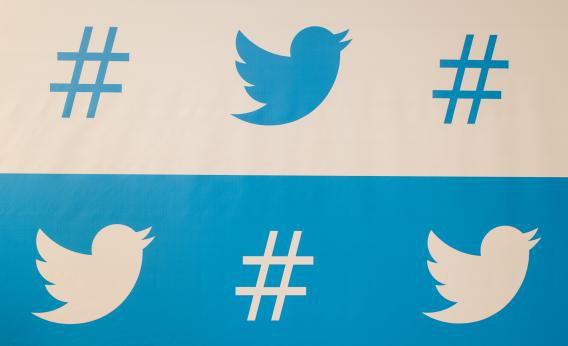With government surveillance requests reportedly on the rise, data privacy is becoming an increasingly important issue for many Americans. So which companies kowtow when the government comes knocking—and do any stand up for users’ interests?
The Electronic Frontier Foundation attempts to answer those questions with its annual report, “Who Has Your Back?” published Tuesday. The civil liberties group has profiled the policies of 18 major companies, including AT&T, Comcast, Verizon, Dropbox, Facebook, Twitter, Google, Microsoft, Yahoo, and Amazon. Each is awarded a star based on a series of six criteria, such as “requires a warrant for content,” “tells users about government data requests,” “fights for users’ privacy rights in Congress,” and “publishes transparency reports.”
Verizon and MySpace stand out as the two worst performers, with a dismal zero total stars. AT&T, Apple, and Yahoo each received one star; Comcast and Amazon two; Facebook three; and Dropbox and Google five. Twitter is a standout with a full set of six stars, as is California-based Internet provider Sonic.net. Microsoft received four, a major improvement from last year’s version of the list, when it received just one. The company’s recent decision to cede to pressure by publishing transparency reports has evidently impressed EFF, with the group saying it was “thrilled to see a growing number of companies” releasing data about how many law enforcement snooping requests they receive.
In a statement accompanying the report, EFF staff attorney Nate Cardozo said that there was “a lot to celebrate,” but also room for improvement. “Service providers hold huge amounts of our personal data, and the government shouldn’t be able to fish around in this information without good reason and a court making sure there’s no abuse,” Cordozo said. “This report should be a wake-up call to Internet users that they need more protection from the companies they trust with their digital communications.”
You can read the full report here.
